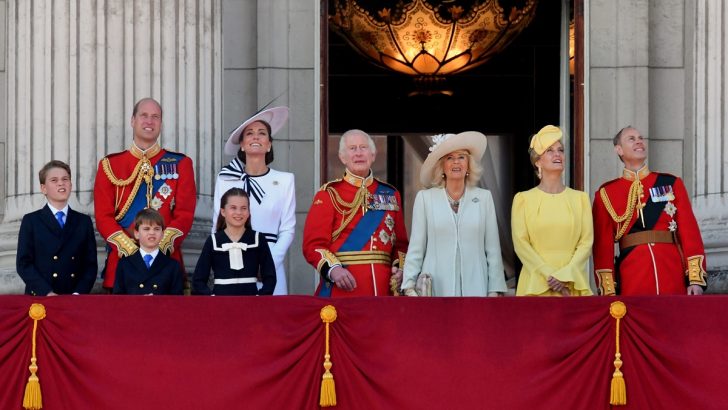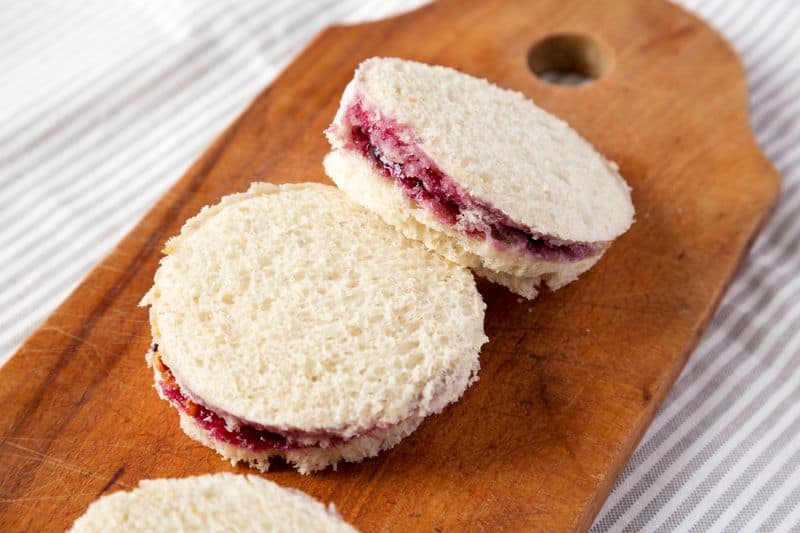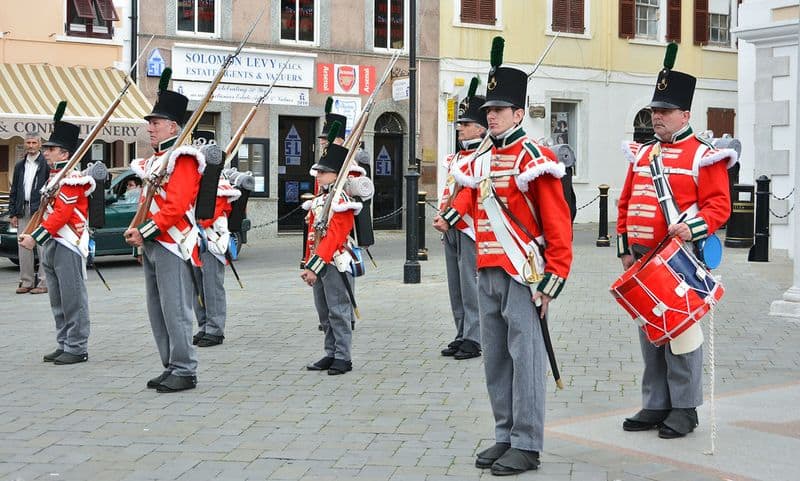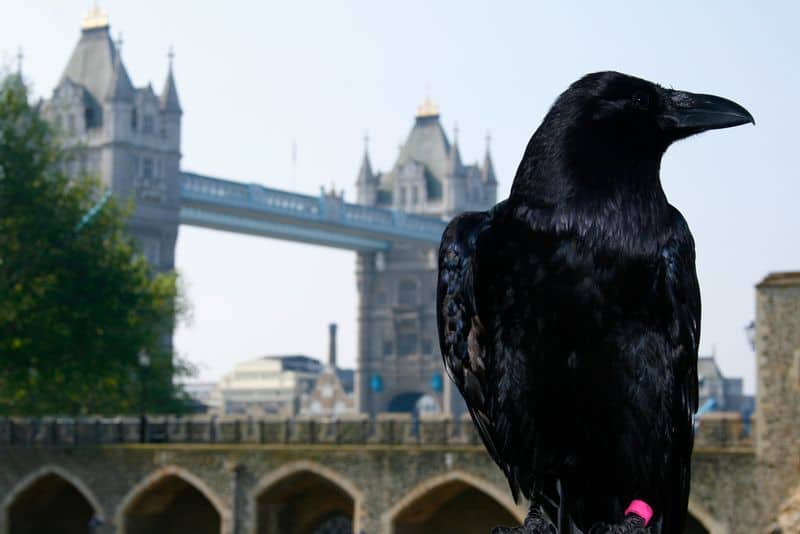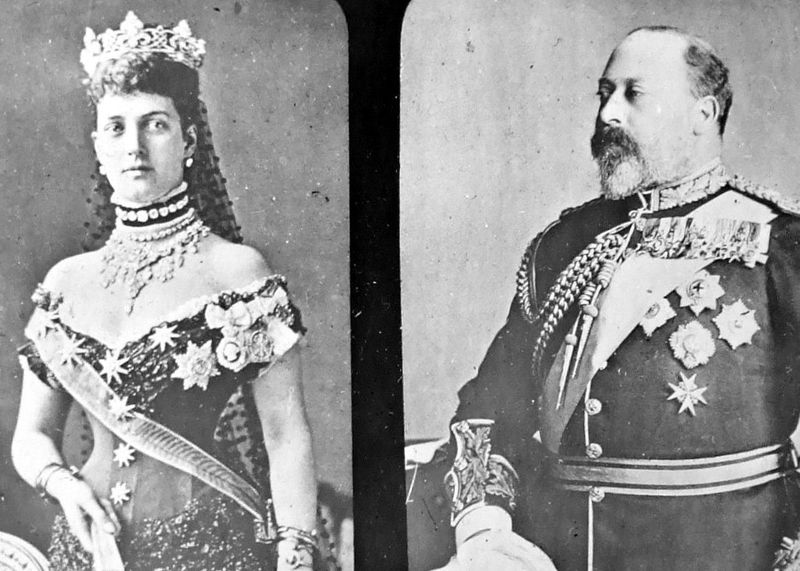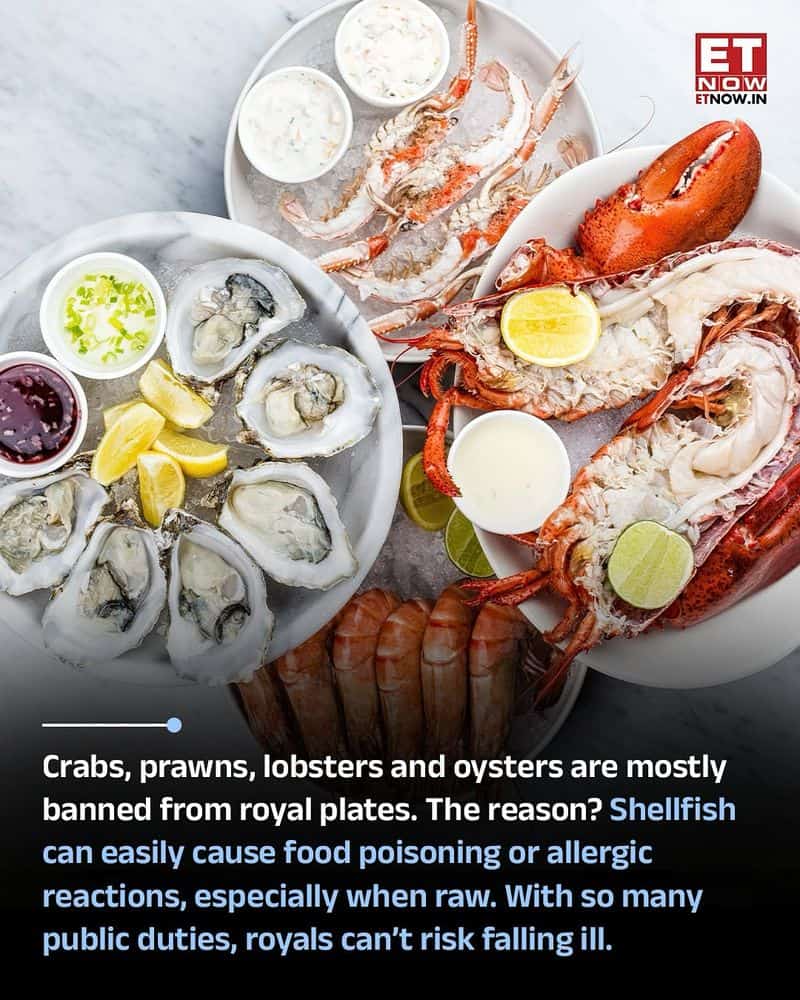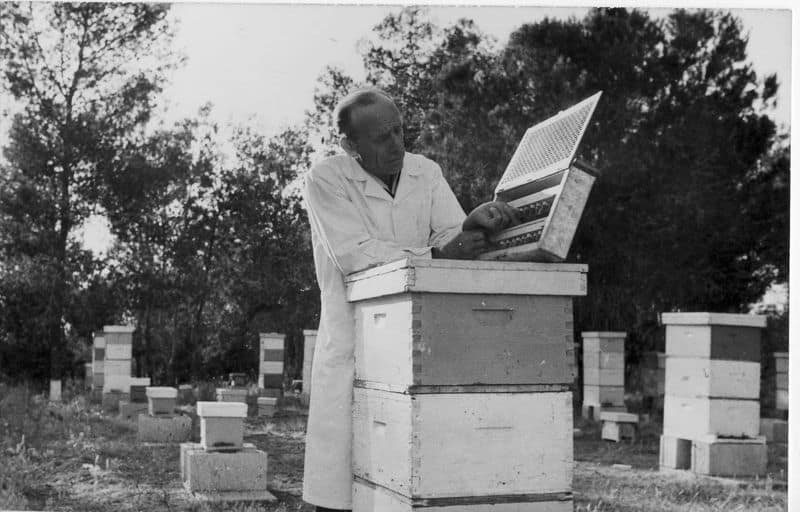The British Royal Family isn’t just about crowns and castles. Behind the pomp and ceremony lies a world of unusual beliefs and traditions that have stood the test of time.
From peculiar dining habits to curious rituals involving animals, these superstitions continue to shape royal behavior in ways that might surprise you.
Let’s explore some of the strangest royal superstitions that continue to influence the monarchy today.
1. No Pointy Sandwiches Allowed
Triangle or square-edged sandwiches are strictly forbidden at royal gatherings. This curious food rule dates back centuries, based on the belief that pointed sandwiches symbolize an attempt to overthrow the throne. Instead, royal chefs serve delicately rounded sandwiches with crusts meticulously removed.
Queen Victoria reportedly established this tradition, and it’s been maintained through generations. Palace kitchens follow strict protocols when preparing these crustless creations, often filled with simple ingredients like cucumber or jam.
During formal tea services, you’ll never spot a jagged edge on any royal plate – a small but significant reminder of how deeply superstition is woven into royal daily life.
2. The Ceremony of the Keys
As night falls over London, a 700-year-old ritual unfolds at the Tower of London. The Yeoman Warder, dressed in traditional Tudor uniform, carries an ancient brass key through the grounds precisely at 9:53 PM. Not a minute earlier, not a minute later.
This meticulous ceremony involves the locking of the Tower’s massive gates to protect both the physical building and, according to superstition, the monarchy itself. A military escort accompanies the Warder, and specific phrases must be exchanged at exact points in the ritual.
What makes this superstition remarkable is its unbroken continuity – it has occurred every night since the 14th century, pausing only briefly during WWII bombing raids.
3. The Protective Ravens
“If the ravens leave the Tower, the kingdom will fall.” This ominous prophecy has kept at least six ravens residing at the Tower of London since the reign of Charles II. The superstition runs so deep that the birds’ wings are partially clipped to prevent them from flying away and dooming the monarchy.
A dedicated Ravenmaster cares for these birds, feeding them a diet of raw meat and blood-soaked biscuits. Each raven even has a name and distinct personality known to the royal family.
During WWII, when bombing nearly eliminated the raven population, Winston Churchill immediately ordered replacements brought in – showing how seriously even modern leaders take this ancient belief.
4. The Christmas Weighing Tradition
Imagine arriving at Sandringham for Christmas dinner only to be asked to sit on an antique weighing chair – twice! This peculiar practice began with King Edward VII, who believed guests should gain weight during the holiday feast as proof they thoroughly enjoyed themselves.
Royal staff discreetly record each guest’s weight upon arrival and again before departure. The ancient scales used for this purpose date back to 1879 and display weight in stones rather than pounds.
Even modern royals like William and Catherine reportedly participate in this unusual tradition. The records are kept private, but the ritual symbolizes the royal family’s commitment to hospitality and their guests’ contentment.
5. The Shellfish Ban
Lobster, crab, and oysters might grace fancy restaurant menus worldwide, but you won’t find them on royal plates during official functions. The monarchy maintains a strict no-shellfish policy, especially when traveling or attending public events.
Unlike many royal superstitions rooted in ancient beliefs, this practice stems from practical concerns about food poisoning. However, over generations, it’s evolved into something between superstition and protocol.
Interestingly, younger royals occasionally break this rule in private settings. Prince William has admitted to enjoying sushi, while Harry reportedly favors lobster – though palace chefs remain vigilant about sourcing only the safest seafood for behind-closed-doors royal dining.
6. Telling the Bees
When Queen Elizabeth II passed away in 2022, royal beekeepers performed a curious ritual: they approached the royal hives at Buckingham Palace and Windsor Castle, gently tapped each one, and formally announced Her Majesty’s death to the bees. This wasn’t mere eccentricity but the continuation of an ancient practice called “telling the bees.”
The superstition holds that bees must be informed of significant royal events – deaths, marriages, or births – or they’ll abandon their hives, stop producing honey, or even die. The bees are traditionally draped in black ribbon during periods of mourning.
This practice reflects the deep connection between British royalty and nature, a relationship that predates Christianity in the British Isles.

